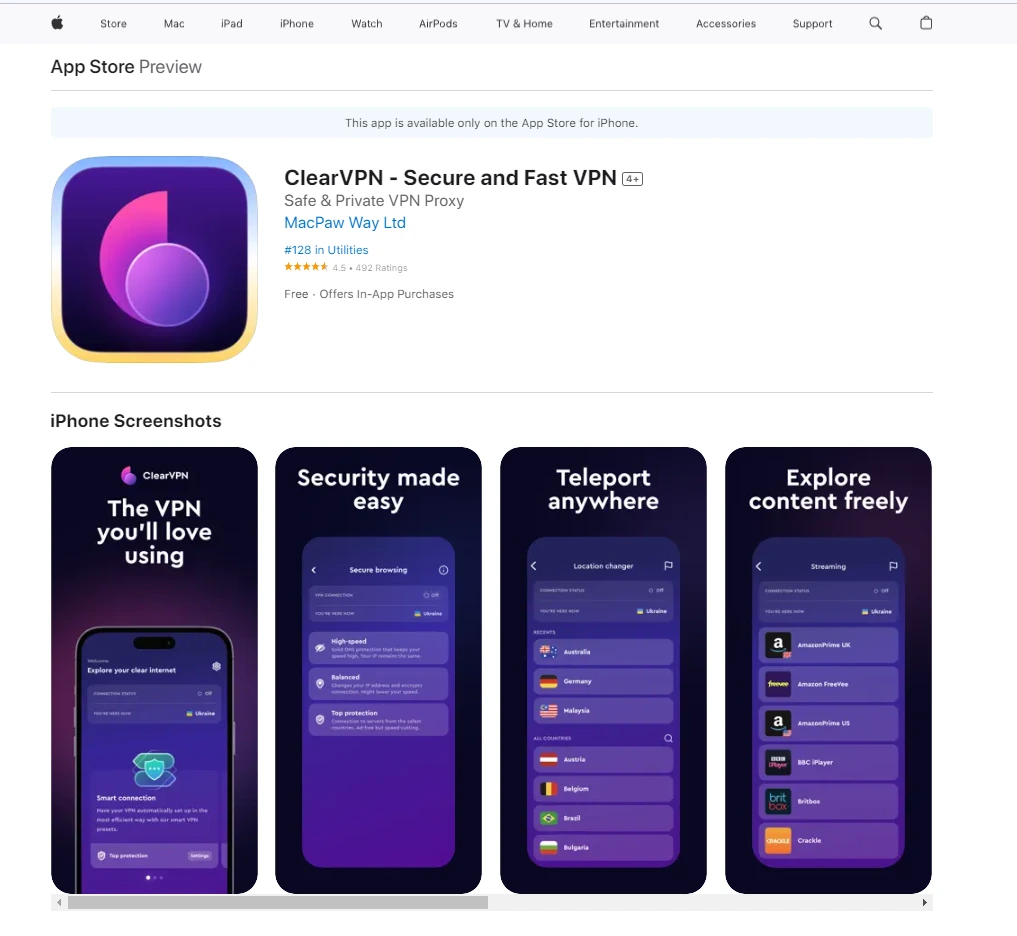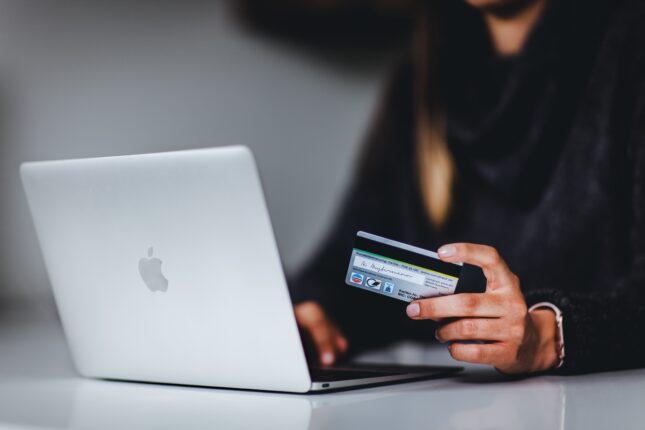I bet you’d never thought you’d be able to order something online and have it delivered to your door within hours. Or even more conservatively, have it shipped to you in two days—for free. That said, I’d also wager to bet that it’s hard for you to remember what your life was like before online shopping made everything so much easier and more convenient.
These days we buy everything online. From big toys to groceries and toiletries. But you know who loves online shopping more than we do for its convenience? Scammers. Online shopping is a quick and easy way to con people out of some money and hide anonymously behind a computer.
But, don’t worry. Like anything else, you can take a few small steps that can make a big difference in your online security. Keep reading for safe online shopping tips when you’re online.
How to stay safe when shopping online
Some of these safe online shopping tips might seem obvious, but if you make them a regular habit you’ll be able to protect yourself and your information better when you’re online.
1. Don’t use public WiFi
Public WiFi has always been a hotbed for scammers. And while it’s a little less innocuous if you’re just using insecure WiFi to read the news or check the weather, it’s more serious when sharing your personal financial info.
But bad actors aren’t the only thing you should be concerned about when using public WiFi. Some networks can even monitor and track your browsing activity. And the last thing you need is your local coffee shop keeping tabs on your online orders.
2. Use VPN on public WiFi
The reality of public WiFi is it’s there for a reason. It’s convenient and sometimes can’t be avoided. Maybe you’re traveling and can only use the hotel’s internet or you live on campus and have to use your university’s network.
If those are your only options, don’t worry. You can use ClearVPN to help keep your shopping secure. Using a VPN for online shopping creates an encrypted tunnel between your computer, the VPN server, and the retailer’s website. Blocking out anyone trying to view your internet activity.
Try ClearVPN for free now! Enjoy online shopping safely with ClearVPN. 
3. Research retailers that are new to you
Just because you’ve found something on the internet doesn’t mean it’s reputable. Before you click the “Buy” button make sure you do a little bit of research to see if you can trust the retailer you’re purchasing from. A quick way to check them out is by reading some of their customer reviews. Obviously, these can be skewed in either direction, but they can help spot any immediate red flags.
4. Use retailer’s website or app only
A good rule of thumb when shopping online is to go directly to a retailer’s website or use their mobile app. Scammers can use fake links or social media accounts to direct you to stores that aren’t real. Ultimately, taking your money and your personal information.
5. Only give the required info and don’t save any of it
Whenever you’re shopping online, you’ll typically have to fill out a long-form. It’s best to only provide the required fields. You don’t know what the website is going to do with the information and the last thing you’d want is to give them extra info. And remember, if you don’t feel comfortable telling them something—like your telephone numbers or mother’s maiden name—you don’t have to. Just provide enough to complete the transaction.
6. Some deals are too good to be true
Every day we’re all inundated with emails. More specifically spam emails telling us about different deals and promotions. But if that free $500 Apple gift card sounds too good to be true, then chances are it is.
Scammers will send out emails like that in hopes of getting you to click on their links and provide pivotal private information. Instead, if you receive an email with a great deal for a store, go directly to their website. If it’s a legitimate promotion then you should see it being advertised on their site or app as well.
7. Reach for credit before the debit
Credit card companies typically have more protections for purchases. So if your card information does get stolen or is used fraudulently, you’ll have a better chance of disputing the charges. Plus, your credit card has a limit. If someone steals your debit card info, then they have access to all of the cash currently in your account.

8. Watch your statements
This tip is just a good personal financial habit to have. Regularly checking your bank statements can help you catch any odd charges on your cards. Some banks and creditors will even offer alerts for any suspicious activity. So, it’s a good idea to check and see what options are available to you.
9. Create a strong password and use multi-factor authentication
It should go without saying that you need a strong password for all of your accounts—not just your banking accounts. Thankfully, if you’re on a Mac, you can use Safari’s password generator to create complex passwords. Or there are third-party services like 1Password that work on every platform.
An additional security step you can take is two-factor or multifactor authentication. This is when you don’t just need to use a password to log in, but also a code either from an app or that’s texted to you. Most banks will have this feature for online accounts, but you should use this on email and retail websites where you have an account with.
Shopping online is not only convenient, but it’s the norm for many of us today. While it can be a bit scary to trust retailers online, there is no reason to avoid doing it. Knowing how to stay safe when shopping online can make all the difference. And following these tips is the best way to do everything you can to protect yourself. Also, check our guide on how to store your credit card information safely, and how to avoid credit card fraud.
